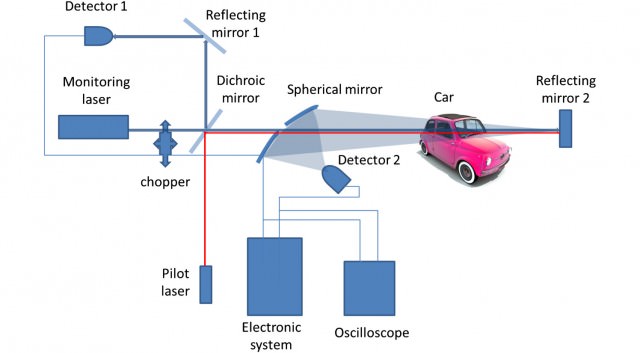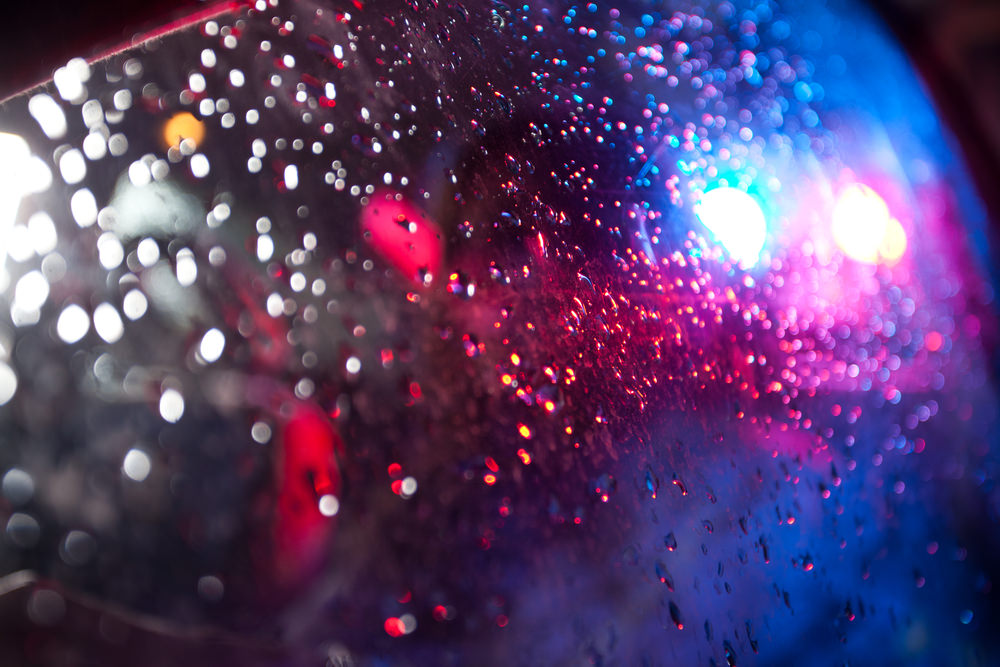
Breath testing has come a long way since the first breathalyzer was released in 1958.
Law enforcement is currently developing technology that would allow the police to estimate the blood alcohol content (“BAC”) of a driver by analyzing the breath sample from outside a moving vehicle.
The developers of the new technology are claiming that through the use of laser technology, the device can determine if the driver’s BAC is in excess of .10 – which is greater than the legal limit in most states.
Novel BAC detectors are not new to the industry in the last decade. For instance, in 2011 some Georgia police departments started using breath-analyzing flashlights. The flashlights look like any other normal flashlight, yet when held 5 to 10 inches from the driver’s mouth, it can signal whether the driver has been drinking a small, moderate or large amount of alcohol.
What is new about this latest laser technology is that it may be used to serve as a legal justification to stop a vehicle and conduct a DUI investigation – whereas the old technology was generally only useful during a DUI investigation that had already been initiated.
This could create problems for law enforcement unless the new device can be shown to have enough reliability to create what is termed “reasonable articulable suspicion” for the traffic stop.
For example, one of the weaknesses of the technology is that it may not be able to distinguish between the BAC of a passenger versus the BAC of the driver. This would be particularly problematic for law enforcement officers attempting to justify a traffic stop of vehicles with more than one person in the car. Because it is not illegal for sober drivers to have impaired passengers, a traffic stop based solely on this technology may not satisfy the constitutional requirements of the Fourth Amendment.
Another flaw suggesting the inherent unreliability of the technology is the laser’s inability to distinguish between a spilled amount of alcohol and the alcohol being emitted via the driver’s breath. The laser’s accuracy could also be drastically affected by the air conditioner, the fan or open windows.
Until such reliability concerns are adequately addressed by the manufacturers, we are not likely to see the use of this laser technology being relied upon to justify the stop of a vehicle. In all likelihood, at least while the technology is in its infancy, we are more likely to see it being used by the police to initially identify problematic drivers and follow them to observe any unsafe driving maneuvers that are traditionally relied upon to justify a traffic stop and initiate a DUI investigation.
However, if recent history has taught us anything, it is that this technology is developing at an ever-increasing pace. After the first breathalyzer hit the market in 1958, it wasn’t until 1967 that the first electronic breath testing device was developed. The next milestone wasn’t for another 12 years, when in 1979 the Alcolyser was introduced to the market. Thereafter we saw technology making marked improvements once every decade.
In the most recent 5 years however, the speed of development and the proliferation of technologies has been remarkable. The increasing focus on safe driving and eliminating drinking and driving entirely — along with increased government spending has fueled a profitable business industry aimed at creating tools to increase DUI enforcement.


